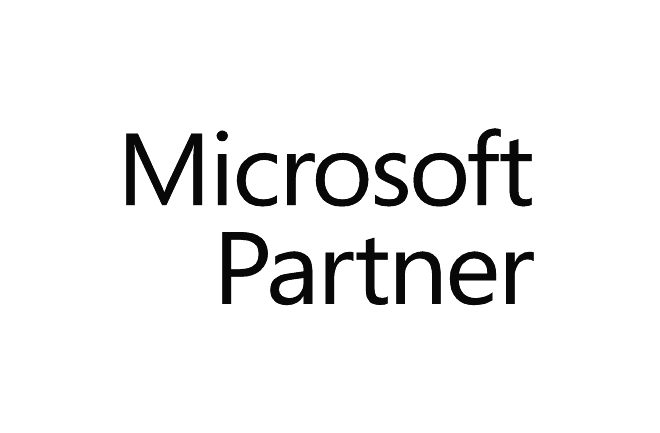Course outline
AZ-801T00 Duration : 4 Days
| ||
This course teaches IT Professionals to configure advanced Windows Server services using on-premises, hybrid, and cloud technologies. The course teaches IT Professionals how to leverage the hybrid capabilities of Azure, how to migrate virtual and physical server workloads to Azure IaaS, and how to secure Azure VMs running Windows Server. The course also teaches IT Professionals how to perform tasks related to high availability, troubleshooting, and disaster recovery. The course highlights administrative tools and technologies including Windows Admin Center, PowerShell, Azure Arc, Azure Automation Update Management, Microsoft Defender for Identity, Azure Security Center, Azure Migrate, and Azure Monitor. Each learning path is viewed from two perspectives: Managing Windows Server on the workplace premises and managing Windows Server in the Azure cloud. Training(s) to go further: | |
Audience | This four-day course is intended for Windows Server Hybrid Administrators who have experience working with Windows Server and want to extend the capabilities of their on-premises environments by combining on-premises and hybrid technologies. Windows Server Hybrid Administrators who already implement and manage on-premises core technologies want to secure and protect their environments, migrate virtual and physical workloads to Azure Iaas, enable a highly available, fully redundant environment, and perform monitoring and troubleshooting. |
Prerequisites |
An understanding of the following concepts as related to Windows Server technologies:
|
Objectives |
|
Contents | Learning Path 1: Secure Windows Server on-premises and hybrid infrastructures (Windows Server security)
Learning Path 1: Secure Windows Server on-premises and hybrid infrastructures (Implementing security solutions in hybrid scenarios)
Learning Path 2: Implement Windows Server high availability
Learning Path 3: Implement disaster recovery in Windows Server on-premises and hybrid environments
Learning Path 3: Implement disaster recovery in Windows Server on-premises and hybrid environments (Implementing recovery services in hybrid scenarios)
Learning Path 4: Migrate servers and workloads in on-premises and hybrid environments (Upgrade and migrate in Windows Server)
Learning Path 4: Migrate servers and workloads in on-premises and hybrid environments (Implementing migration in hybrid scenarios)
Learning Path 5: Monitor and troubleshoot Windows Server environments (Server and performance monitoring in Windows Server)
Learning Path 5: Monitor and troubleshoot Windows Server environments (Implementing operational monitoring in hybrid scenarios)
|

